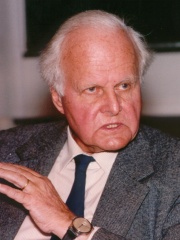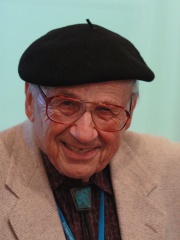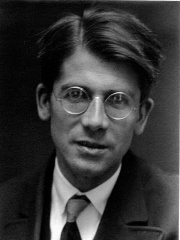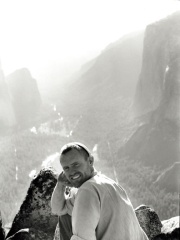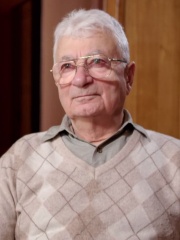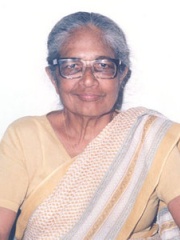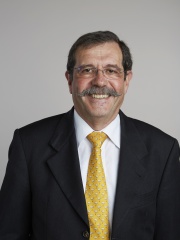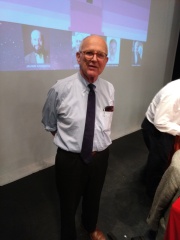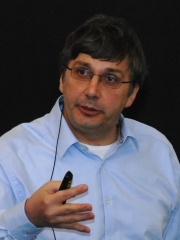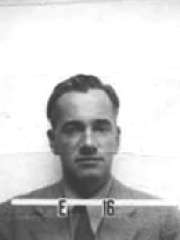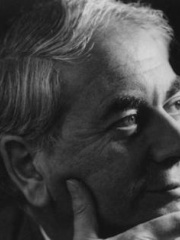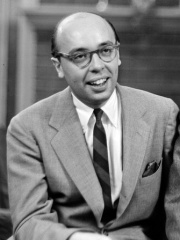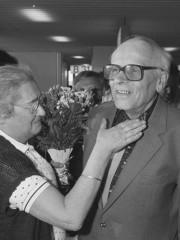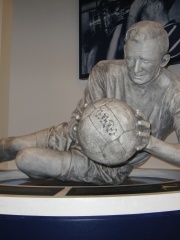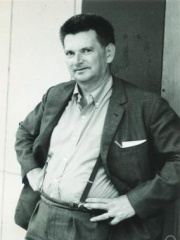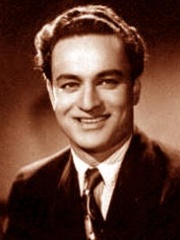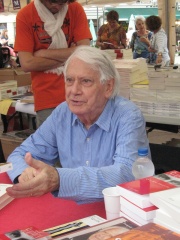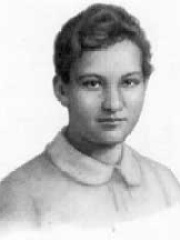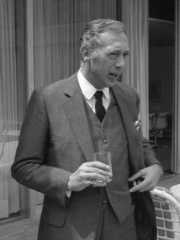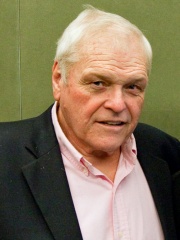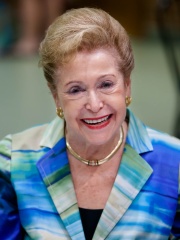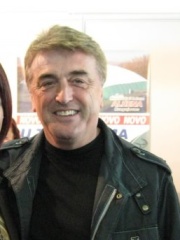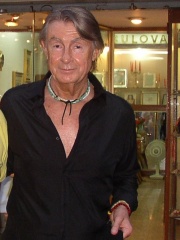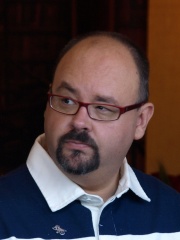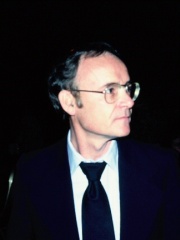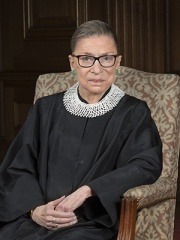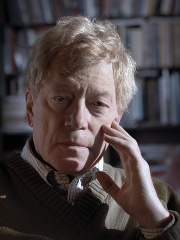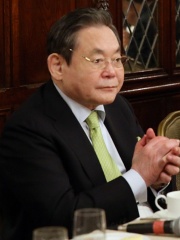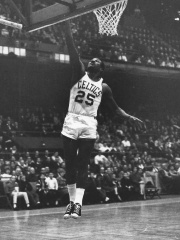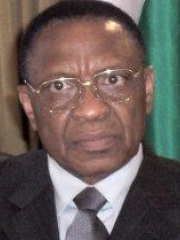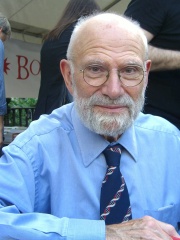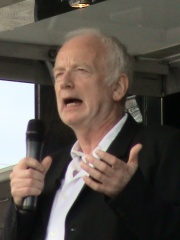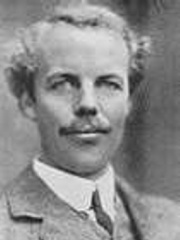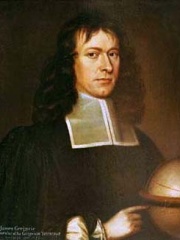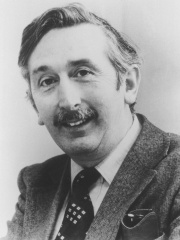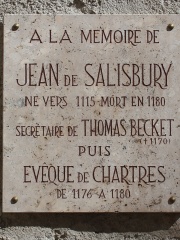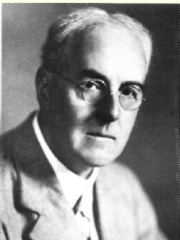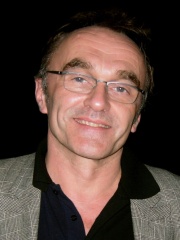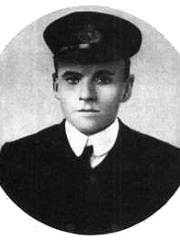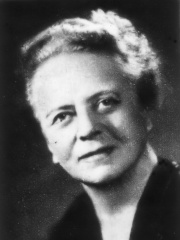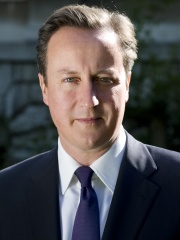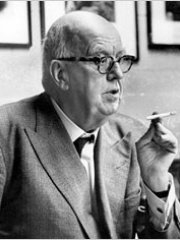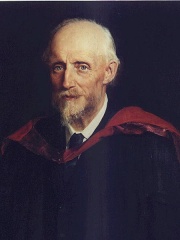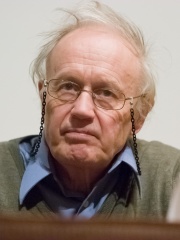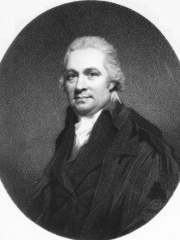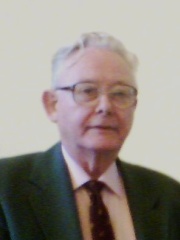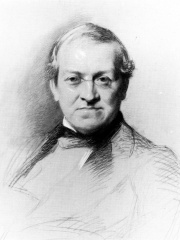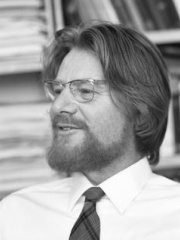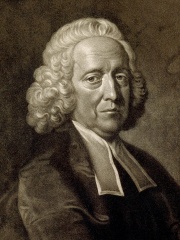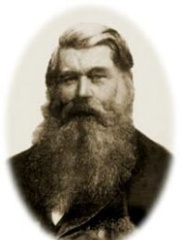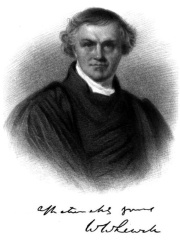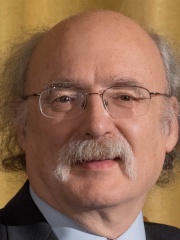Fizyk
Freeman Dyson
1923 - 2020
PL.WIKIPEDIA PAGE VIEWS (PV)
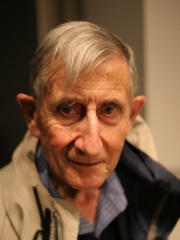
 Freeman Dyson
Freeman Dyson
Jego biografia jest dostępna w 56 różnych językach w Wikipedii. Freeman Dyson jest 306. najpopularniejszym fizyk (spadek z 302. w 2024 roku), 1021. najpopularniejszą biografią Wielka Brytania (spadek z 909. w 2019 roku) oraz 39. najpopularniejszym fizyk Wielka Brytania.
Memorability Metrics
Page views of Freeman Dyson by language
Among Fizyks
Among fizyks, Freeman Dyson ranks 306 out of 851. Before him are Carl Friedrich von Weizsäcker, Walter Kohn, Friedrich Hund, Henry Way Kendall, Yuri Oganessian, and Anna Mani. After him are Alain Aspect, Rainer Weiss, Andre Geim, Otto Robert Frisch, Dennis W. Sciama, and Christoph Scheiner.
Most Popular Fizyks in Wikipedia
Go to all RankingsCarl Friedrich von Weizsäcker
1912 - 2007
HPI: 67.73
Rank: 300
Walter Kohn
1923 - 2016
HPI: 67.71
Rank: 301
Friedrich Hund
1896 - 1997
HPI: 67.63
Rank: 302
Henry Way Kendall
1926 - 1999
HPI: 67.62
Rank: 303
Yuri Oganessian
1933 - Present
HPI: 67.54
Rank: 304
Anna Mani
1918 - 2001
HPI: 67.54
Rank: 305
Freeman Dyson
1923 - 2020
HPI: 67.47
Rank: 306
Alain Aspect
1947 - Present
HPI: 67.36
Rank: 307
Rainer Weiss
1932 - 2025
HPI: 67.34
Rank: 308
Andre Geim
1958 - Present
HPI: 67.32
Rank: 309
Otto Robert Frisch
1904 - 1979
HPI: 67.25
Rank: 310
Dennis W. Sciama
1926 - 1999
HPI: 67.24
Rank: 311
Christoph Scheiner
1575 - 1650
HPI: 67.24
Rank: 312
Contemporaries
Among people born in 1923, Freeman Dyson ranks 56. Before him are Ahmet Ertegun, Yelena Bonner, Bert Trautmann, Stjepan Bobek, Walter Kohn, and René Thom. After him are Mukesh, Stephanie Kwolek, Jorge Semprún, Zoya Kosmodemyanskaya, Antonio Quarracino, and Horst Tappert. Among people deceased in 2020, Freeman Dyson ranks 69. Before him are Brian Dennehy, Geert Hofstede, Mary Higgins Clark, Radomir Antić, Joel Schumacher, and Carlos Ruiz Zafón. After him are Buck Henry, Ruth Bader Ginsburg, Roger Scruton, Lee Kun-hee, K. C. Jones, and Mamadou Tandja.
Others Born in 1923
Go to all RankingsAhmet Ertegun
MUSICIAN
1923 - 2006
HPI: 68.02
Rank: 50
Yelena Bonner
SOCIAL ACTIVIST
1923 - 2011
HPI: 67.93
Rank: 51
Bert Trautmann
SOCCER PLAYER
1923 - 2013
HPI: 67.88
Rank: 52
Stjepan Bobek
SOCCER PLAYER
1923 - 2010
HPI: 67.85
Rank: 53
Walter Kohn
PHYSICIST
1923 - 2016
HPI: 67.71
Rank: 54
René Thom
MATHEMATICIAN
1923 - 2002
HPI: 67.50
Rank: 55
Freeman Dyson
PHYSICIST
1923 - 2020
HPI: 67.47
Rank: 56
Mukesh
ACTOR
1923 - 1976
HPI: 67.41
Rank: 57
Stephanie Kwolek
CHEMIST
1923 - 2014
HPI: 67.40
Rank: 58
Jorge Semprún
WRITER
1923 - 2011
HPI: 67.37
Rank: 59
Zoya Kosmodemyanskaya
SOCIAL ACTIVIST
1923 - 1941
HPI: 67.20
Rank: 60
Antonio Quarracino
RELIGIOUS FIGURE
1923 - 1998
HPI: 67.14
Rank: 61
Horst Tappert
ACTOR
1923 - 2008
HPI: 67.13
Rank: 62
Others Deceased in 2020
Go to all RankingsBrian Dennehy
ACTOR
1938 - 2020
HPI: 67.89
Rank: 63
Geert Hofstede
PSYCHOLOGIST
1928 - 2020
HPI: 67.87
Rank: 64
Mary Higgins Clark
WRITER
1927 - 2020
HPI: 67.86
Rank: 65
Radomir Antić
SOCCER PLAYER
1948 - 2020
HPI: 67.78
Rank: 66
Joel Schumacher
FILM DIRECTOR
1939 - 2020
HPI: 67.60
Rank: 67
Carlos Ruiz Zafón
WRITER
1964 - 2020
HPI: 67.57
Rank: 68
Freeman Dyson
PHYSICIST
1923 - 2020
HPI: 67.47
Rank: 69
Buck Henry
ACTOR
1930 - 2020
HPI: 67.32
Rank: 70
Ruth Bader Ginsburg
JUDGE
1933 - 2020
HPI: 67.15
Rank: 71
Roger Scruton
PHILOSOPHER
1944 - 2020
HPI: 67.07
Rank: 72
Lee Kun-hee
BUSINESSPERSON
1942 - 2020
HPI: 67.05
Rank: 73
K. C. Jones
BASKETBALL PLAYER
1932 - 2020
HPI: 66.98
Rank: 74
Mamadou Tandja
POLITICIAN
1938 - 2020
HPI: 66.90
Rank: 75
In Wielka Brytania
Among people born in Wielka Brytania, Freeman Dyson ranks 1,021 out of NaN. Before him are Oliver Sacks (1933), Ian McDiarmid (1944), Arthur Cecil Pigou (1877), James Gregory (1638), Godfrey Hounsfield (1919), and John of Salisbury (1110). After him are Lewis Fry Richardson (1881), Danny Boyle (1956), Len Deighton (1929), Charles Lightoller (1874), Ida Noddack (1896), and David Cameron (1966).
Others born in Wielka Brytania
Go to all RankingsOliver Sacks
WRITER
1933 - 2015
HPI: 67.52
Rank: 1,015
Ian McDiarmid
ACTOR
1944 - Present
HPI: 67.52
Rank: 1,016
Arthur Cecil Pigou
ECONOMIST
1877 - 1959
HPI: 67.51
Rank: 1,017
James Gregory
MATHEMATICIAN
1638 - 1675
HPI: 67.50
Rank: 1,018
Godfrey Hounsfield
ENGINEER
1919 - 2004
HPI: 67.50
Rank: 1,019
John of Salisbury
PHILOSOPHER
1110 - 1180
HPI: 67.49
Rank: 1,020
Freeman Dyson
PHYSICIST
1923 - 2020
HPI: 67.47
Rank: 1,021
Lewis Fry Richardson
MATHEMATICIAN
1881 - 1953
HPI: 67.46
Rank: 1,022
Danny Boyle
FILM DIRECTOR
1956 - Present
HPI: 67.46
Rank: 1,023
Len Deighton
WRITER
1929 - Present
HPI: 67.44
Rank: 1,024
Charles Lightoller
COMPANION
1874 - 1952
HPI: 67.44
Rank: 1,025
Ida Noddack
CHEMIST
1896 - 1978
HPI: 67.43
Rank: 1,026
David Cameron
POLITICIAN
1966 - Present
HPI: 67.42
Rank: 1,027
Among Fizyks In Wielka Brytania
Among fizyks born in Wielka Brytania, Freeman Dyson ranks 39. Before him are C. P. Snow (1905), Osborne Reynolds (1842), Anthony James Leggett (1938), Daniel Rutherford (1749), Peter Mansfield (1933), and Charles Wheatstone (1802). After him are Dennis W. Sciama (1926), John Stewart Bell (1928), Stephen Hales (1677), Joseph Swan (1828), William Whewell (1794), and Duncan Haldane (1951).
C. P. Snow
1905 - 1980
HPI: 69.73
Rank: 33
Osborne Reynolds
1842 - 1912
HPI: 69.26
Rank: 34
Anthony James Leggett
1938 - Present
HPI: 69.13
Rank: 35
Daniel Rutherford
1749 - 1819
HPI: 68.70
Rank: 36
Peter Mansfield
1933 - 2017
HPI: 68.29
Rank: 37
Charles Wheatstone
1802 - 1875
HPI: 68.18
Rank: 38
Freeman Dyson
1923 - 2020
HPI: 67.47
Rank: 39
Dennis W. Sciama
1926 - 1999
HPI: 67.24
Rank: 40
John Stewart Bell
1928 - 1990
HPI: 66.75
Rank: 41
Stephen Hales
1677 - 1761
HPI: 65.83
Rank: 42
Joseph Swan
1828 - 1914
HPI: 65.59
Rank: 43
William Whewell
1794 - 1866
HPI: 65.04
Rank: 44
Duncan Haldane
1951 - Present
HPI: 64.83
Rank: 45
